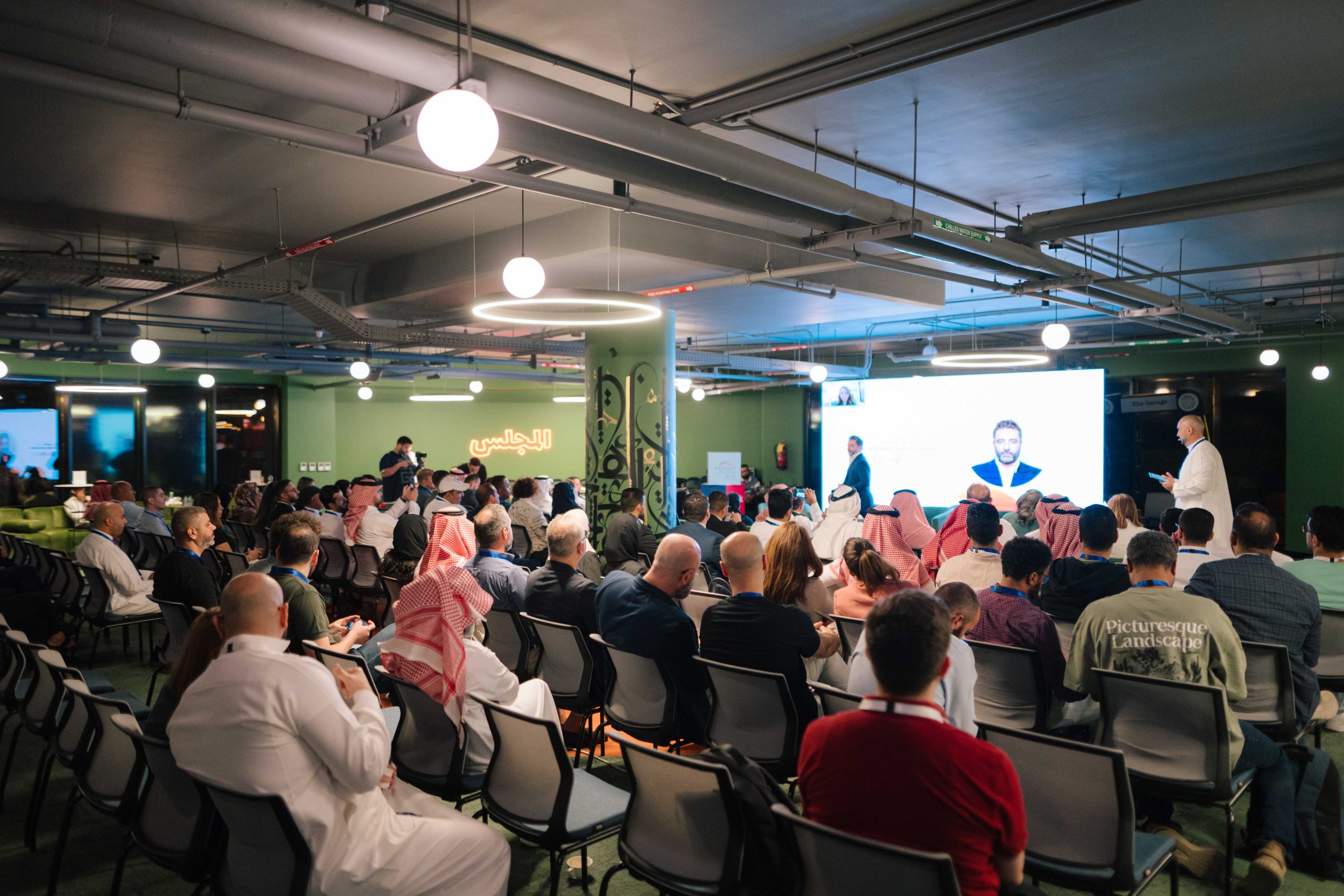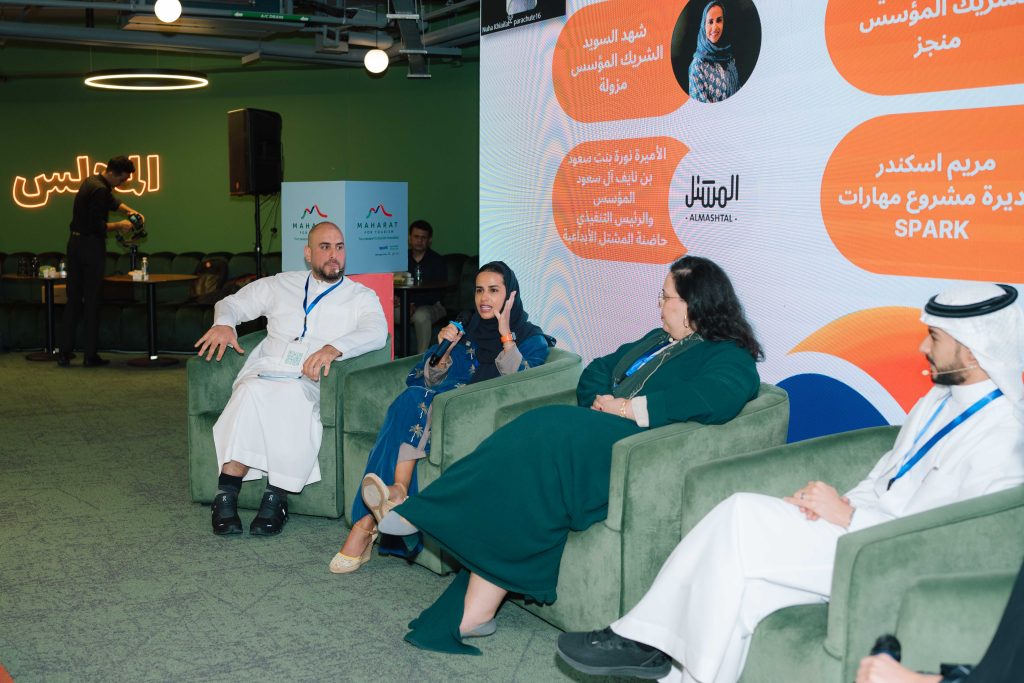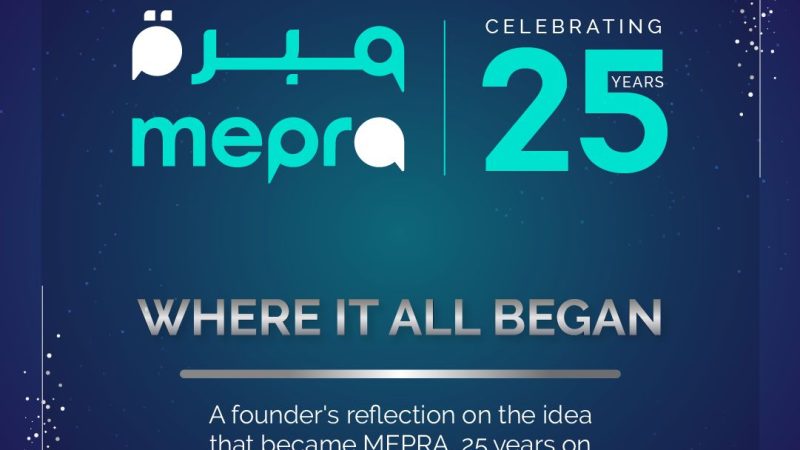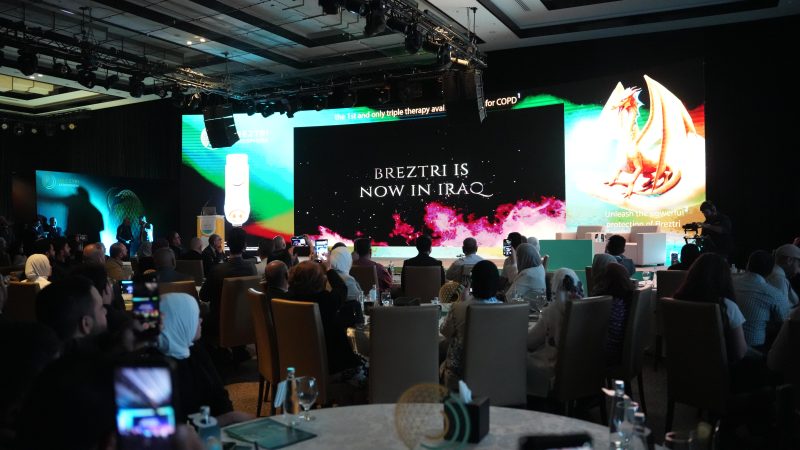SPARK, with support from Google.org, launches a new tourism initiative in the MENA Region starting in Saudi Arabia

Riyadh – SPARK, in partnership with Parachute 16 and with the support of Google.org, has launched the Maharat for Tourism programme which aims to train 25,000 individuals across MENA, kicking off the initiative with an event in Riyadh, Saudi Arabia.
The launch, which took place at the Garage venue in Riyadh, welcomed over 100 guests, including government officials from the tourism sector, MSMEs, job seekers, and entrepreneurs. SPARK’s Regional Programme Director-ME, Dina AlMasaeid, delivered a keynote speech, stating, “Through the Maharat for Tourism programme, we aim to contribute to creating sustainable and impactful job opportunities within the tourism sector by providing training in digital tools, artificial intelligence, and essential soft skills.while also collaborating with governments to help create better regulatory frameworks for tourism, with the goal of building a tourism sector that’s more sustainable, diverse, and prosperous for all.”
Charbel Sarkis, KSA Country Director at Google, emphasized the importance of technology in driving economic growth and creating opportunities for everyone. “At Google, we believe in the power of technology to drive economic growth and create opportunities for everyone. Through our partnership with SPARK, we hope to bring the Maharat for Tourism program to 25,000 people in the MENA region and to equip them with AI and digital skills. Our goal is to support the tourism sector and empower a new generation of entrepreneurs with the skills they need for the jobs of the future.”

The Maharat for Tourism programme is designed to lead the future of tourism by focusing on green and sustainable practices. It aims to support 25,000 job seekers and small business owners across the Middle East, including Saudi Arabia, Egypt, the United Arab Emirates, Qatar, Jordan, Tunisia, Lebanon, and the Palestinian territories. The programme offers tailored training in AI, essential soft skills, and advanced digital tools, while also collaborating with governments to create improved regulatory frameworks for tourism.
With the support of Google.org, SPARK has also developed the Maharat for Tourism E-learning Hub, a dynamic online training platform that provides specialised curricula tailored to different segments of the tourism industry. These include courses on government tourism strategies and policies for policymakers, as well as courses designed for small business owners on managing SMEs in the tourism sector. Additionally, there are modules on experiential tourism operations and event planning and design, aimed at job seekers looking to enter the tourism industry.
The Maharat for Tourism program is set to run until the end of 2025, featuring a series of workshops, events, and meetups across Saudi Arabia, the United Arab Emirates, Egypt, Qatar, and other countries in the Middle East.
About SPARK
SPARK is an international non-governmental development organisation active throughout the Middle East, North and Sub-Saharan Africa, and Europe. For over 30 years, SPARK has been creating pathways for young people to rebuild their futures. SPARK provides opportunities for youth, particularly women and refugees, to study, work and grow their own businesses in fragile communities by providing higher (vocational) education scholarships, entrepreneurship development and SME support. All SPARK’s programs are founded in close collaboration with local partner organisations.
About Google.org
Google.org is the charitable arm of Google, a multinational technology company] The organization has committed roughly US$100 million in investments and grants to nonprofits annually. The organization is noted for several significant grants to nonprofits using technology and data in innovative ways to support racial justice, educational opportunity, crisis response after health epidemics and natural disasters, and issues affecting the San Francisco Bay Area community where it is headquartered. It also hosts regular challenges around the world to stimulate innovative uses of technologies to address local challenges.



